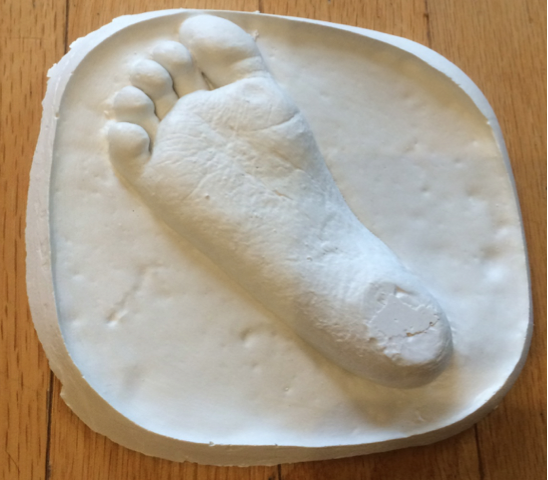Evaluating pediatrics residents’ ethics learning needs using multisource interprofessional feedback
DOI:
https://doi.org/10.36834/cmej.36931Keywords:
education, medical, graduate, ethics, bioethics, professionalism, pediatricsAbstract
Background: Ethics education is a required component of pediatric residency training. Limited instructional time requires educators to identify and prioritize learning needs. This is the first study to identify pediatric residents’ ethics learning needs using a multisource (360 degree) assessment. We hypothesized that pediatricians or allied health care professionals would identify unperceived ethics learning needs.
Methods: Pediatric residents, pediatricians, respiratory therapists (RTs), and registered nurses (RNs) working at a university children's hospital rated the importance of twelve ethics themes as learning needs for trainees using a Likert-type scale. One-way ANOVA was used to determine differences between the groups, followed by post-hoc testing.
Results: Response rates were 65%, 70%, 57%, and 47% for residents, pediatricians, RTs, and RNs, respectively. Themes were categorized into three priority groupings based on mean importance ratings. Where significant differences existed between residents and other respondent groups, pediatric residents rated the theme as being more important.
Conclusion: This study provides an interprofessional assessment of pediatric residents’ perceived ethics learning needs. High priority ethics topics were identified, allowing for targeted teaching. Pediatricians and allied HCPs did not rate any ethics themes higher than residents. Medical educators may consider using methods inspired by multisource feedback for program evaluation.
Downloads
Additional Files
Published
Issue
Section
License
Submission of an original manuscript to the Canadian Medical Education Journal will be taken to mean that it represents original work not previously published, that it is not being considered elsewhere for publication. If accepted for publication, it will be published online and it will not be published elsewhere in the same form, for commercial purposes, in any language, without the consent of the publisher.
Authors who publish in the Canadian Medical Education Journal agree to release their articles under the Creative Commons Attribution-Noncommercial-No Derivative Works 4.0 Canada Licence. This licence allows anyone to copy and distribute the article for non-commercial purposes provided that appropriate attribution is given. For details of the rights an author grants users of their work, please see the licence summary and the full licence.











